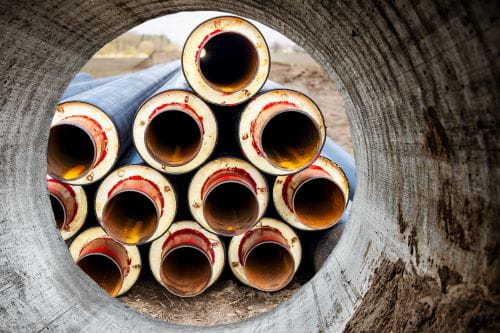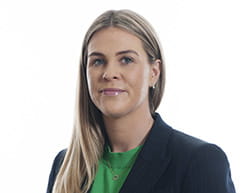EVENT
Heat network regulation - Drinks reception and legal update27 January 2026
By Chris Paul and Megan Coulton
The introduction of heat network regulation marks a significant change for the sector, and all building owners, developers, landlords, operators, and suppliers will need to get up to speed with new regulatory responsibilities.
From 27 January 2026, heat network operators and suppliers will need to be authorised by Ofgem and comply with minimum consumer protections. Further regulation will introduce technical standards for new and existing heat networks and a zoning framework that will require new and certain existing buildings within designated zones to connect to a heat network.
If you own, operate, or are connected to a heat network, or are responsible for supplying heat or cooling to tenants, it is essential to review how regulation will impact you and whether you will be considered a heat network "operator" or "supplier".
Our Heat Network Regulation page brings together insights on the regulatory position and latest consultation proposals, with practical advice on how to prepare. If you are concerned about how regulation may impact you or your organisation, please get in touch with our Energy and Sustainability team.
Heat networks supply heat (or cooling) to customers through a network of insulated pipes. This could be from a centralised energy source (e.g. a gas boiler or heat pump) or from shared ground loop systems in combination with individual consumer heat pumps.
Networks can vary widely in scale – from city-wide district heat networks serving thousands of customers to a single building with centralised plant.
Decarbonising the energy source of the heat network can deliver significant carbon savings - from deep and shallow geothermal, water and biomass, to using waste heat generated from data centres, energy from waste plants or industrial processes. With UK Government ambition to grow the sector to meet 20% of all national heat demand, low-carbon heat networks will play a vital role in the transition to Net Zero by 2050.
Heat networks have been largely unregulated, with customers traditionally relying on protections provided in landlord and tenant legislation or through voluntary standards under the Heat Trust Scheme - but without equivalent protections available to customers of other utilities (such as gas, electricity and water).
Following recommendation from the UK Competition and Markets Authority, Ofgem and DESNZ have run a series of consultations to develop a regulatory framework that will protect consumers, improve technical standards and unlock investment in heat networks.


27 January 2026
By Chris Paul and Megan Coulton
12 December 2025
By Megan Coulton and Johnston Tan
31 October 2025
By Diana Lupa and Johnston Tan
30 September 2025
By Hannah Giebus and Ryan Naidoo








